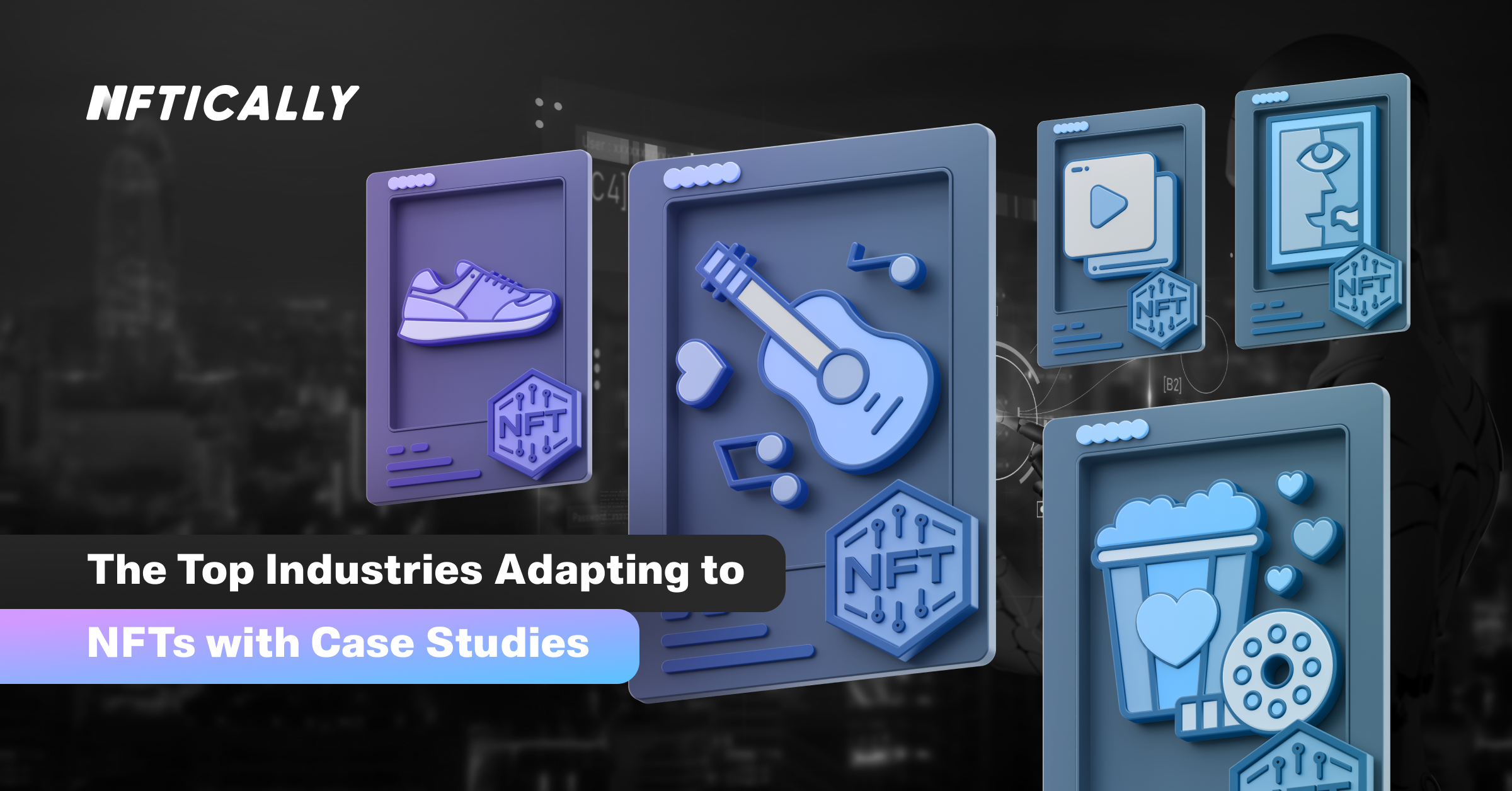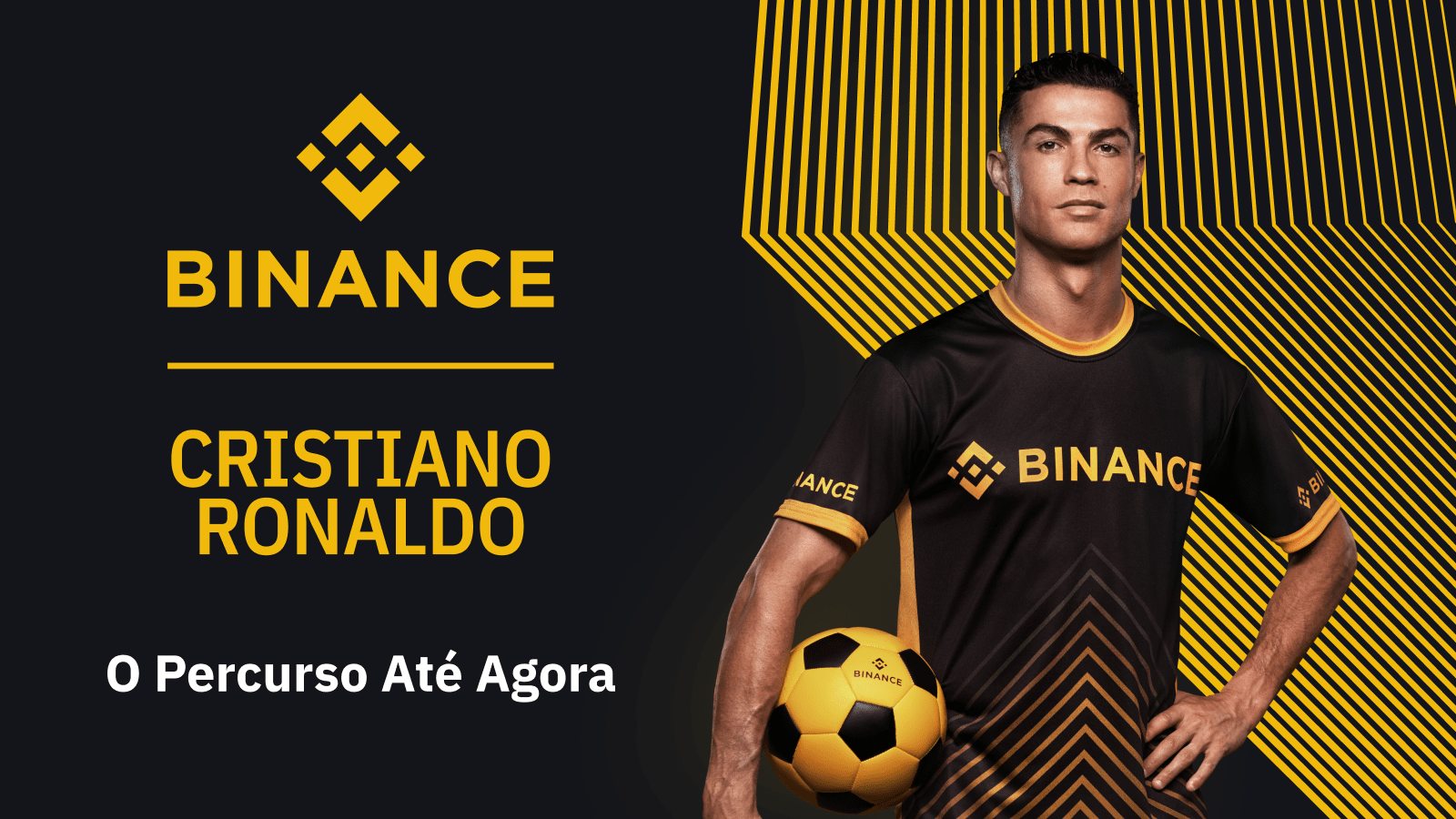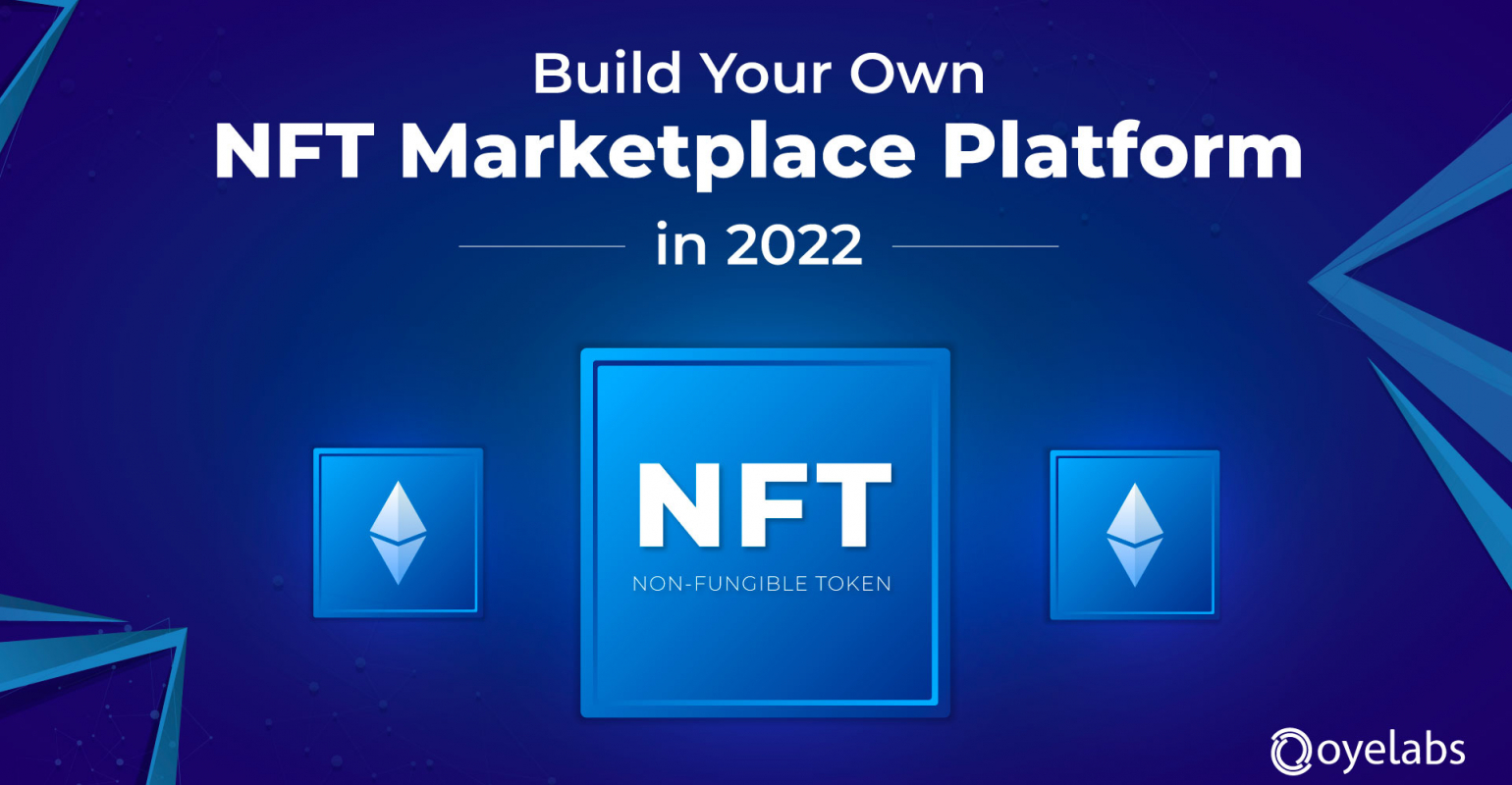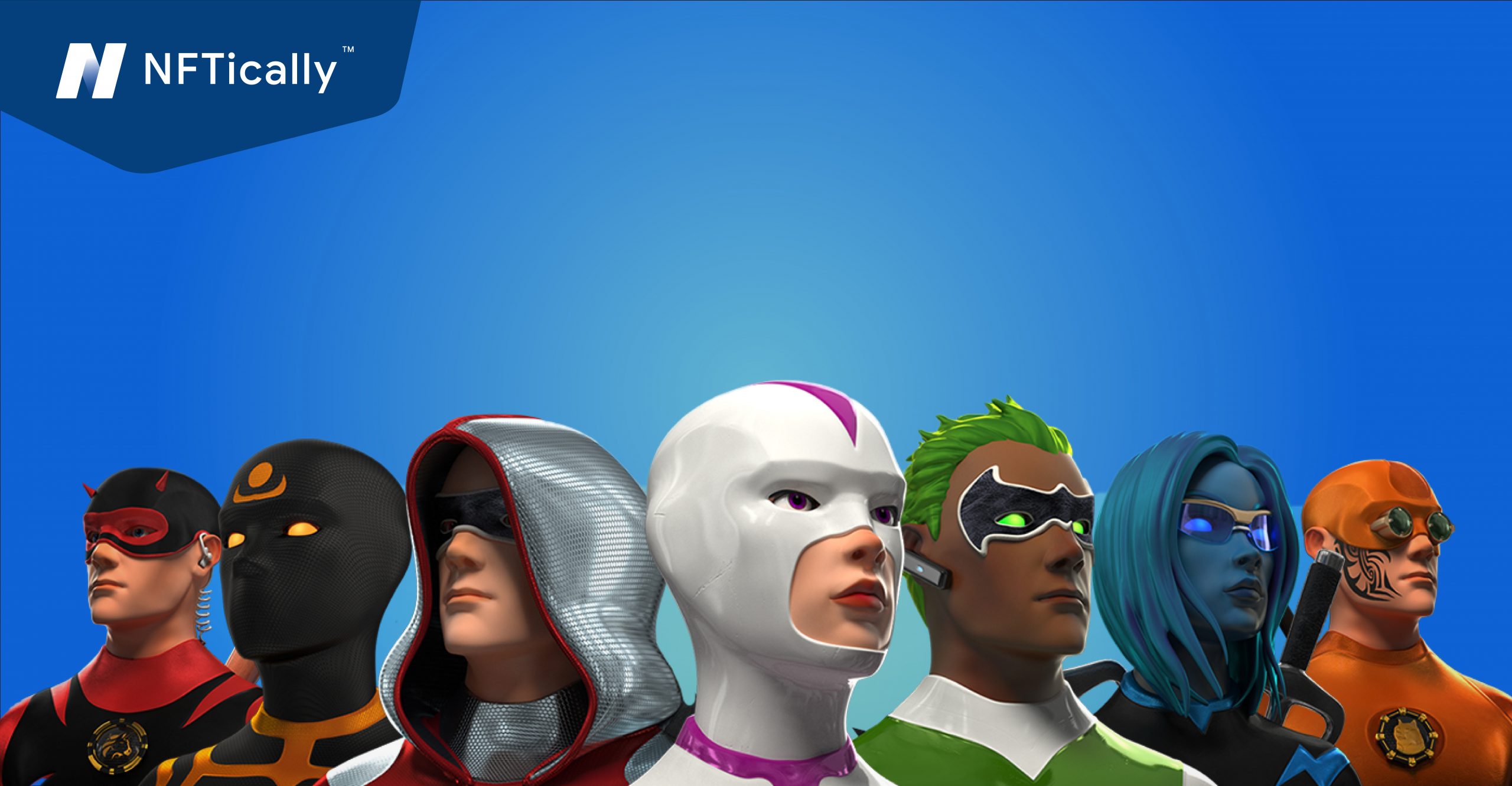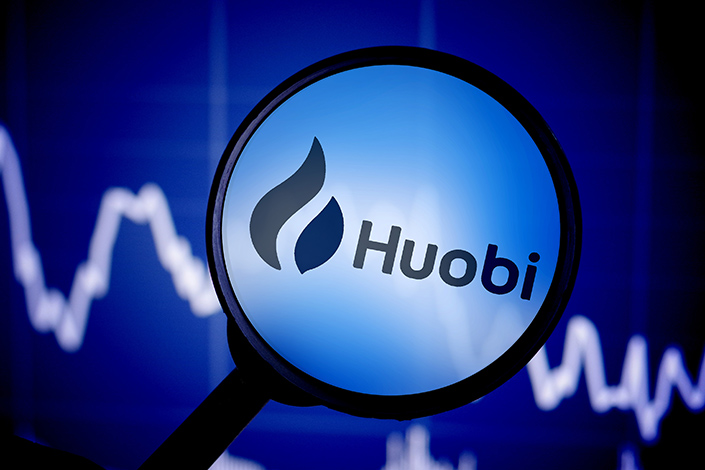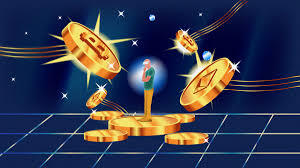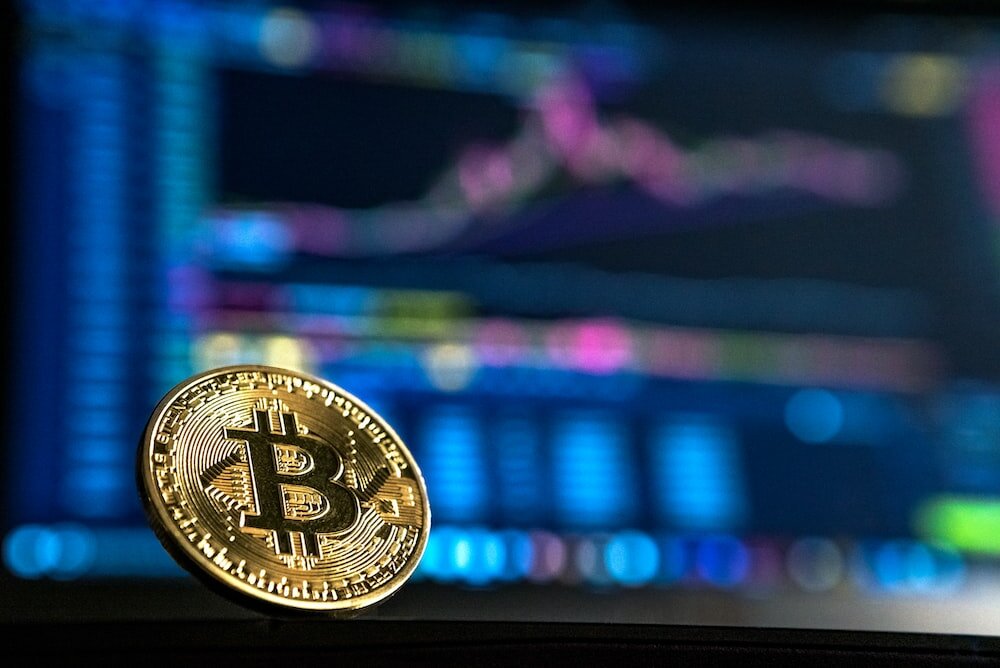How Brands Are Harnessing the Power of Having Their Own NFT Marketplace
Discover how brands leverage NFT Marketplace Strategy to enhance their presence and engagement. Explore the potential of NFTs in brand.
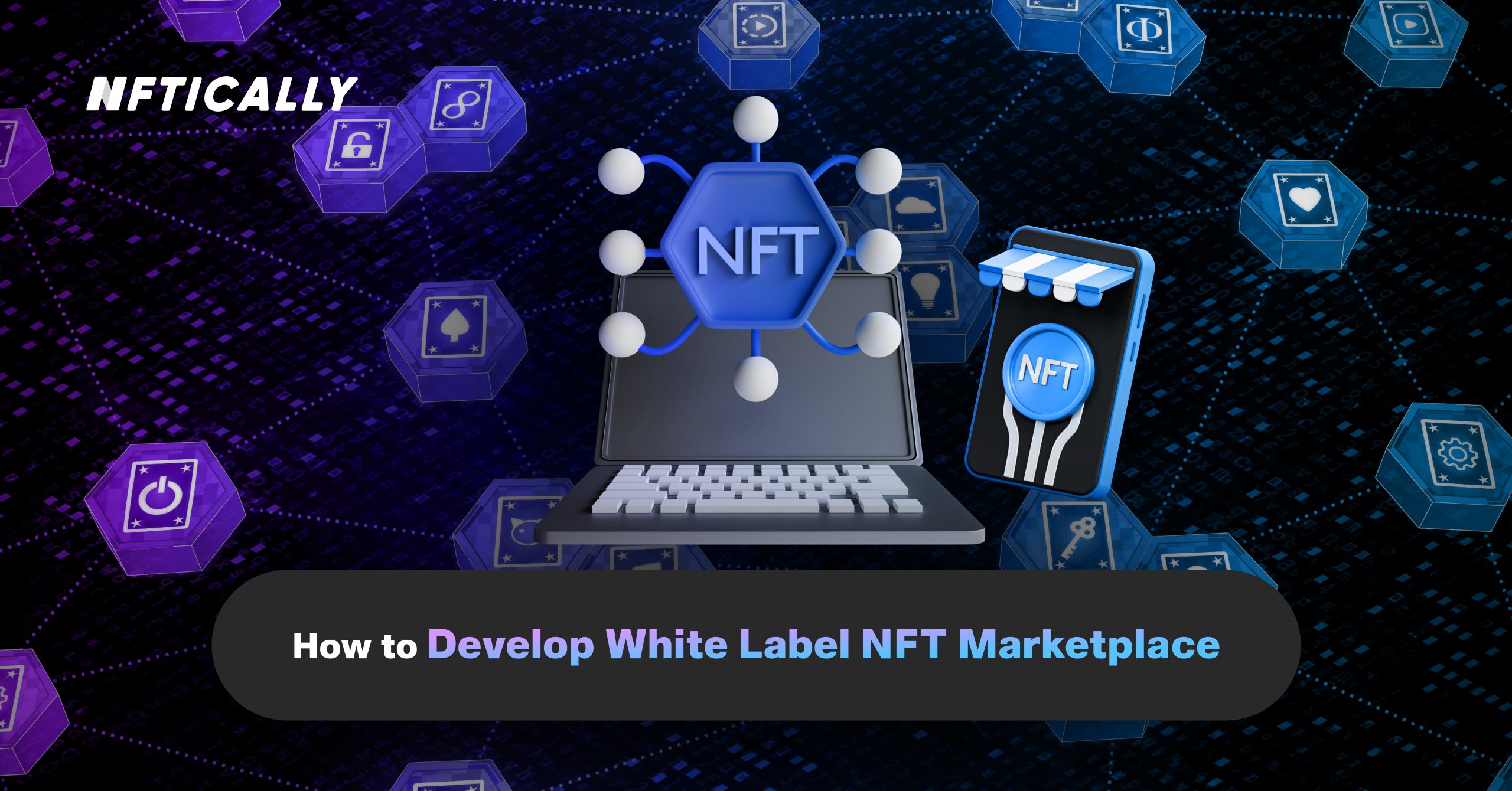
In recent years, the world of digital assets has witnessed a seismic shift with the rise of NFTs or Non-Fungible Tokens. These unique tokens have transformed the way we think about ownership and authenticity in the digital realm. While artists, creators, and collectors have been at the forefront of this NFT revolution, brands are now increasingly realizing the potential of having their own NFT marketplace. This article explores how brands are tapping into the power of NFTs, leveraging keywords such as "nft market price," "nft tokens price," "best nft gaming," "nft price chart," "nft blockchain," "best nft marketplaces," "nft marketplaces," "nfts for sale," and "nft price" to enhance their visibility and engagement.
The NFT Boom: A Brief Overview
Before diving into how brands are embracing NFTs, let's briefly recap what NFTs are and why they have become a sensation in the digital world. NFTs are unique digital assets that represent ownership or proof of authenticity of a specific item or piece of content using blockchain technology. Unlike cryptocurrencies like Bitcoin or Ethereum, NFTs are indivisible and cannot be exchanged on a one-to-one basis. This non-fungibility is what sets them apart.
NFTs and the Branding Revolution
Brands have long recognized the importance of storytelling and engaging with their audiences in novel ways. NFTs provide the perfect canvas for this. Here's how brands are harnessing the power of having their own NFT marketplace:
1. Exclusive Collectibles and Limited Editions
Brands are leveraging NFTs to release limited edition digital collectibles. These items can range from virtual fashion pieces, digital art, music albums, or even virtual real estate within gaming ecosystems. By using NFTs, brands can create a sense of scarcity and exclusivity, driving demand among their fanbase.
2. Gamification and NFTs
The gaming industry has been at the forefront of NFT adoption. Brands are increasingly collaborating with game developers to create in-game items and assets as NFTs. These items can be traded, bought, and sold on NFT marketplaces, contributing to the overall gaming experience.
3. Unique Experiences and Rewards
NFTs allow brands to offer unique experiences and rewards to their customers. For example, brands can create NFT-based loyalty programs where customers can earn tokens by making purchases. These tokens can then be used to access exclusive content or discounts.
4. Content Monetization
Content creators, including musicians, artists, and writers, are collaborating with brands to tokenize their work. This allows creators to receive a fair share of revenue when their content is resold on?NFT marketplaces, creating new monetization opportunities.
Choosing the Right NFT Marketplace
To harness the power of NFTs effectively, brands must carefully select the NFT marketplace that aligns with their goals. Keywords such as "best nft gaming," "nft marketplaces," and "nfts for sale" are crucial in this context. Some of the most popular NFT marketplaces include:
1. OpenSea
OpenSea is one of the largest NFT marketplaces, offering a wide range of digital assets, from art to virtual real estate. It is known for its user-friendly interface and extensive collection of NFTs.
2. Rarible
Rarible is a decentralized NFT platform that allows users to create, buy, and sell NFTs. It is favored by artists and creators for its flexibility and customization options.
3. NBA Top Shot
NBA Top Shot has taken the sports world by storm, allowing fans to buy, sell, and trade officially licensed NBA collectible highlights.
4. Decentraland
Decentraland is a virtual world built on blockchain technology, offering users the opportunity to own, develop, and monetize virtual real estate and assets.
Monitoring NFT Market Prices
Understanding the current market trends and prices is crucial for brands looking to navigate the NFT space effectively. Keywords like "nft market price," "nft tokens price," "nft price chart," and "nft price" come into play here. Brands can use various analytics tools and platforms to keep an eye on NFT market dynamics and make informed decisions.
The NFT Market's Explosive Growth
The explosive growth of the NFT market has caught the attention of brands across industries. The ability to connect with customers on a deeper level, create unique experiences, and tap into a new revenue stream is too enticing to ignore. Here's a closer look at how brands are utilizing NFTs in various sectors:
1. Fashion and Luxury Brands
Fashion houses and luxury brands are exploring NFTs to bridge the gap between physical and digital fashion. By creating NFT collections, they allow customers to own virtual versions of their clothing and accessories. These virtual fashion pieces can be worn in virtual worlds or social media, creating a new level of digital self-expression.
2. Entertainment and Media
Entertainment companies are turning to NFTs to offer exclusive content and experiences to their fans. Musicians are releasing limited edition albums as NFTs, giving buyers access to special concert tickets or even backstage passes. Movie studios are tokenizing props and memorabilia, allowing fans to own a piece of cinematic history.
3. Sports and Athletes
Sports stars and teams are entering the NFT arena by offering unique collectibles and experiences. Athletes are creating NFTs of memorable moments from their careers, and sports franchises are tokenizing game tickets, giving fans the chance to resell them in a secure and transparent marketplace.
4. Tech and Gaming
Tech companies and gaming giants are at the forefront of NFT innovation. Gaming studios are integrating NFTs into their games, enabling players to own and trade in-game assets. Tech brands are exploring NFTs to reward users for their loyalty or contributions to online communities.
5. Food and Beverage
Even the food and beverage industry is getting a taste of NFTs. Some restaurants are using NFTs to provide exclusive dining experiences, while beverage companies are tokenizing rare wine or whiskey collections, giving connoisseurs digital proof of ownership.
Navigating Challenges in the NFT Space
While the potential benefits of having their own NFT marketplace are immense, brands also face challenges in this rapidly evolving landscape. Some of the key challenges include:
1. Intellectual Property Concerns
Brands must be vigilant about copyright infringement when using NFTs. Ensuring that the content and assets they tokenize do not violate intellectual property rights is essential.
2. Environmental Concerns
The energy consumption of blockchain networks, particularly Ethereum, has raised concerns about the environmental impact of NFTs. Brands may need to consider the environmental implications when participating in the NFT space.
3. Market Volatility
The NFT market can be highly volatile, with prices of digital assets fluctuating rapidly. Brands must carefully consider the potential risks associated with price volatility.
4. Regulatory Uncertainty
The regulatory landscape surrounding?NFT for sale?is still evolving. Brands must stay informed about relevant regulations and compliance requirements in their respective regions.
The Future of Brand-NFT Collaboration
As NFTs continue to evolve and gain mainstream acceptance, brands will likely find even more creative ways to engage with their audiences. Whether it's through exclusive virtual events, immersive experiences, or innovative collaborations, NFTs are poised to become an integral part of brand marketing strategies.
In conclusion, brands are increasingly harnessing the power of having their own NFT marketplace to engage with their audience, drive sales, and foster brand loyalty. This dynamic space is not only reshaping the way brands interact with their customers but also revolutionizing the digital economy itself. As the NFT ecosystem continues to expand, brands that embrace this transformative technology early are likely to reap significant benefits in the long run.
What's Your Reaction?








